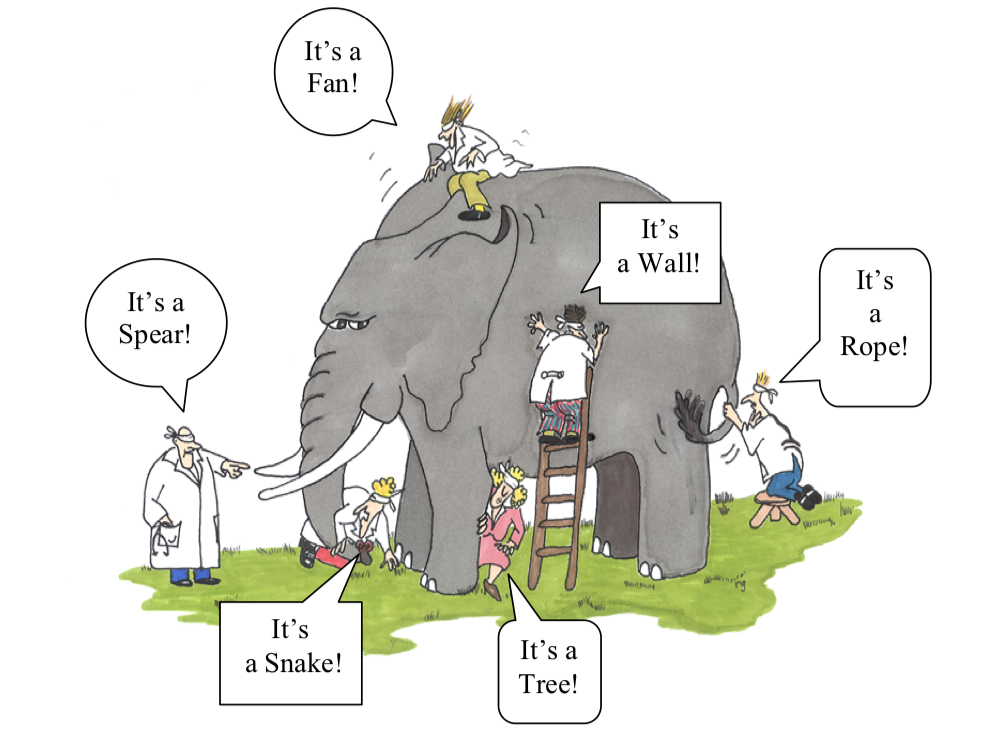i have been interested in "the problem of affection" in Transcendental Idealism for a while now and a possible solution came to my mind,
Kant says that TIT Causes our Phenomena as if TIT (Thing-in-Themselves) plays an active role here and can generate a cause and our mind is a passive receiver:
(TIT---->our Mind---->Phenomena)
what suddenly came to my mind is, can't we reverse this? as:
(TIT<------our Mind) then (our Mind----->Phenomena)
in this case we are not claiming TIT has the category of causality, a mistake that kant made and the passive nature of our mind changes to an active role; our mind has access to TIT and tries to interpret it
when i use the word "interpret", i mean the mind might try to apply the categories to TIT but it fails since TIT is uncognizable, but the fact remains that our mind did try to interpret it because our mind has access to TIT and from this interpretation our Sensibility is able to produce the Intuition (probably on its own)

